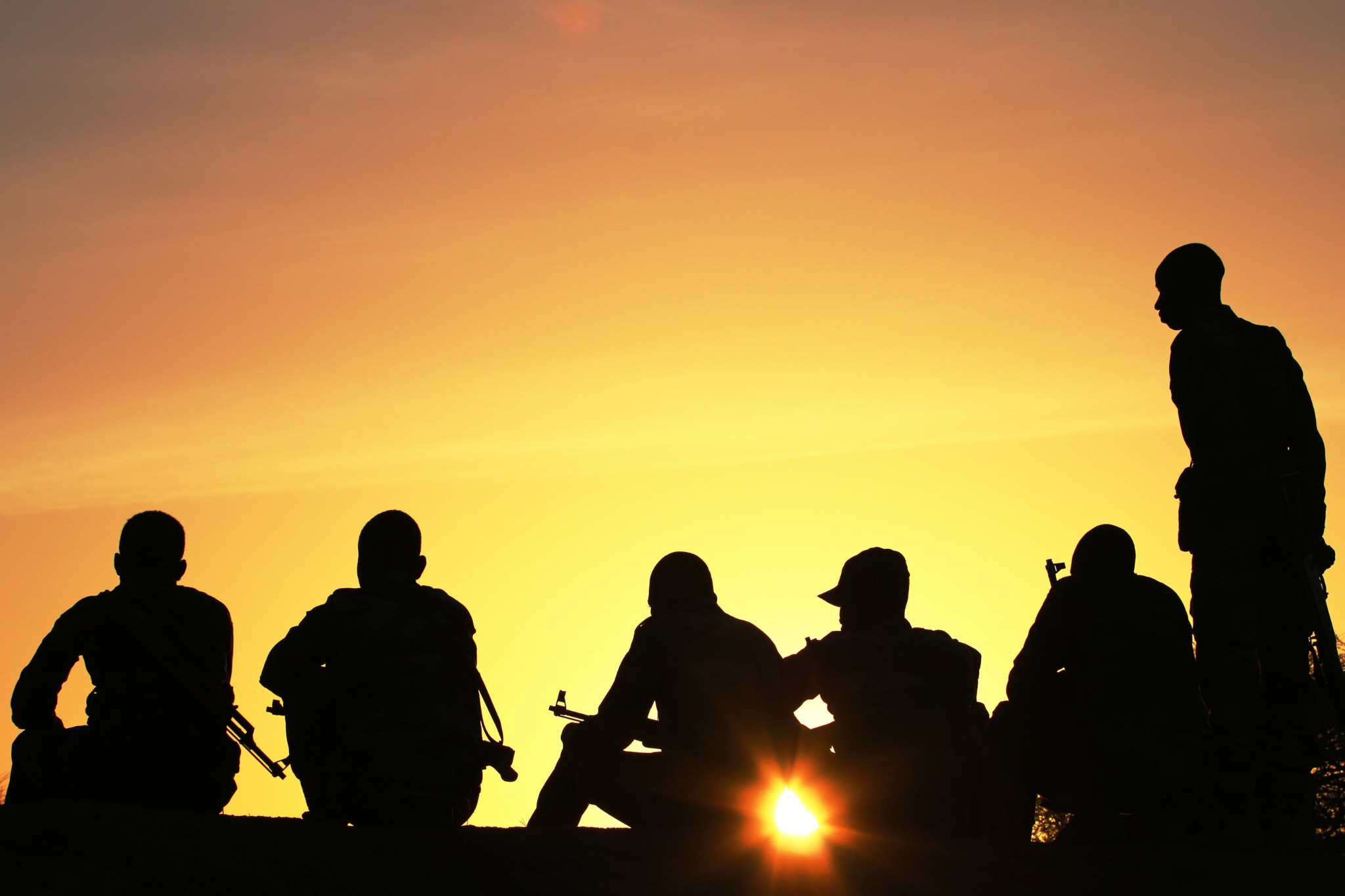 United States Department of Defense
United States Department of Defense
The Case for Not Abandoning West Africa
One of the cornerstones of President Trump’s policy has long been ending the “endless wars.” The policy of ending the so-called endless wars has primarily focused on negotiating a way out of the US war in Afghanistan and removing troops in Syria.
Outside of the Middle East and South Asia, the DoD has eyed another region where a US military presence could soon dwindle: West Africa. A military presence in West Africa bolsters national security by fighting the spread of terrorism and by demonstrating a commitment to Africa.
Terrorism in Africa: What’s the Threat?
While many of the headlines on terrorism tend to focus on the Middle East and South Asia, in the last two decades Africa has become a hotbed of terrorist activity.
Terrorist organizations – specifically al-Qaeda – have a long history on the continent: al-Qaeda founder Osama bin Laden relocated to Sudan following his expulsion from the Kingdom of Saudi Arabia in the early 1990s, al-Qaeda carried out two bombings at US embassies in Kenya and Tanzania in 1998, and in 2003 the Kenyan government admitted that al-Qaeda had a presence in the country.
Today, al-Qaeda still has a presence in Africa largely though Al-Qaeda in the Islamic Maghreb, which aims to overthrow the Algerian government, and through an alliance with the Horn of Africa based group al-Shabaab.
Across the continent in the Lake Chad Basin, Boko Haram and the Islamic State’s West African Province (ISWAP) are active. Boko Haram, an Islamist insurgency in northeastern Nigeria, Niger, Chad, and northern Cameroon, was named the second most deadly terrorist organization in the world, according to the 2017 Global Terrorism Index.
The deadliest organization in 2017, the Islamic State, also operates in West Africa via ISWAP. Founded after a split with Boko Haram in 2016, ISWAP has established itself as a major player in the region with between 3,500 and 5,000 fighters.
US Commitment to Africa
Should the US choose to withdraw forces it won’t mean the end of US commitment to Africa.
In 2018 USAID and the State Department provided $8.5 billion in aid to 47 African countries and eight regional programs. The Trump Administration also rolled out a new program – Prosper Africa – that seeks to “Substantially increase two-way trade and investment between the United States and Africa.”
But the success of these efforts may be dependent on US counterterrorism efforts in the Sahel region, as the instability created by terror groups can weaken the impact of trade and aid programs.
When news of a possible withdrawal of US forces from West Africa broke, regional leaders were quick to reiterate the importance of the US presence. Togolese President Faure Gnassingbé said, “If one actor leaves the chain, it weakens the whole group.” Senegalese President Macky Sall said the withdrawal would be a “mistake” that would be “very misunderstood by Africans because instead of coming to help, you wish to remove the little help there is,” and French President Emmanuel Macron – the Western leader in West African counterterrorism ops – called the US presence “irreplaceable.”
A US pullout from West Africa to focus on great power competition with China and Russia would actually be doing the opposite. Beijing and Moscow are “vigorously expanding their influence economically and militarily” in Africa and its surrounding waters, therefore making this a prime region for the US to confront growing Chinese and Russian efforts.
The removal of US troops in West Africa could also be disastrous in the long term. Gnassingbé stated that “thousands” of militants have fled to West Africa following the collapse of the Islamic State in Syria. Should terrorism be allowed to flourish, it could significantly harm the chances that Africa develops into the promising continent it could be.
Conclusion
While ending endless wars is undoubtedly a good thing for the US, withdrawing US military forces in West Africa could end up being a short-sighted policy that achieves a campaign promise, despite the significant threat from terrorism in Africa.
At a time when the US is refocusing its national defense to focus on great power competition, reducing the US commitment to Africa would be counterintuitive as China and Russia continue to make their influence felt across the continent.





